The terms of a business lease can seriously impact your business function and finances — for better or worse. Before you sign on the dotted line of a new business lease, take the time to review the terms with care.
The terminology used in business leases can mean you’re locking yourself into unfavorable restrictions or costly terms without even realizing it. It’s safest to consult a business attorney to ensure there aren’t hidden implications to the lease terms you’re planning to become legally bound to.
In particular, every business owner should be aware of four particular clauses on a new business lease.
4 Clauses to Watch Out for on a Business Lease
Business leases often contain dense language. Unfortunately, this can make a lease less than clear, leaving business owners a little hazy about the details. Some clauses may benefit the property owner but cost the business owner, while others might detail certain restrictions. As dense as these leases are, however, it’s vital to ensure you understand them.
Knowing the most common problematic clauses can help ensure you aren’t signing away your future when you lease a property.
1. Hidden Costs
There’s no shortage of hidden costs rolled into business leases. When it comes to knowing what clauses to watch for, the biggest concern is hidden costs — and these are often present in a variety of clauses.
The four biggest clauses to watch for to save yourself from hidden costs include:
- Rent escalation
- Expense stops
- Tenant improvement allowance
- Sublease clause
The primary concerns with hidden costs relate to rising rent costs and the practice of using a general “base year” to calculate your operating expenses instead of the real figure.
Finally, the phrasing used in sublease clauses may actually prevent you from subletting unused portions of the property when you think your lease grants you the right to do so.
Because hidden costs can appear in many business lease clauses, it’s best to consult a lawyer to make sure you aren’t missing any.
2. Renewal Terms
Make sure to carefully read the renewal terms written into your lease. The main concern here is not qualifying for renewal when you want to continue the business lease.
A business owner may find they failed to read the fine print and missed out on renewing the lease during the given window. Know the terms and requirements for lease renewal, and be prepared to engage in business lease renewal negotiations well before you lose out on the opportunity.
3. Lease Termination Conditions
Lease termination conditions may be somewhat unclear at first glance. And while you might be tempted to skim over them before signing, these clauses might allow the property owner to break the terms of your lease for various reasons. For example, a landlord might find a tenant willing to pay double the rent. If a clause in your lease allows this, you may find yourself needing to find a new property on short notice.
So make sure you have a business lawyer review your lease termination conditions before you sign. These terms should benefit both parties, giving you the right to break the lease under specified conditions.
4. Insurance Terms
A business lease should always specify which party is liable for the property and its many components. You need to understand who pays for damage and repairs so you can acquire the insurance policy you need without overpaying for insurance the landlord already carries.
Your lease should clearly specify who is responsible for what, down to the smallest detail. If you don’t understand what you’re liable for, there’s no guarantee you’ll be properly insured when something breaks.
Consult a Dallas Business Attorney Before Signing a Business Lease
The Sul Lee Law Firm works with business owners in Dallas, TX, to ensure their company’s best interests are protected. Contact our firm today to learn how an experienced business law attorney in Dallas can help review and negotiate the terms of your next business lease.


